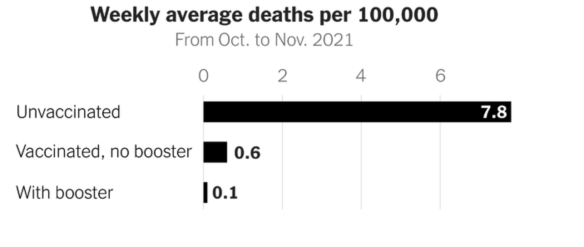A blip in the spring of 2020 aside, U.S. markets have steadily risen for 12 years*. So a lot of younger investors are panicking this week because they’re totally unaccustomed to market volatility. History tells us many of these investors will sell at the exact wrong time. Actually, history tells us many investors of all ages and experience will sell at the exact wrong time. Instead, right now investors should be buying low cost index funds with all the coins they can find under their sofa cushions.
Vanguard has an excellent forum of savvy investors who help one another with investing decisions and with staying the course. It’s a model on-line forum because it’s moderated so well. You don’t have to be a Vanguard client to lurk (like me) or even participate.
This morning on the forum participants are reminding one another of the best way to deal with market volatility and downturns more specifically—turn off the t.v., stop reading the business news, and only check investment balances one or two times a year.
Solid advice, that I don’t follow, even remotely. As per usual, I’m consuming a lot of business news this week and I check my investment balances every Friday**. And yet, despite all the noise I consciously subject myself to, it has no effect on my “buy and hold” self discipline. Why is that?
Maybe it’s because I have devised a mind game that enables me to blunt the general panic of others. Here’s how it works. Let’s say we have $500k saved for retirement, and that $500k is equally divided between stocks and bonds. When I look at the stock side of my net worth statement, I don’t see $250k. Instead, I pre-plan for a 50% correction in the stock market. Put differently, I build it in in advance, so instead of seeing the actual $250k, I see a range of $125k to $250k. Since bonds rarely loose more than a few percentage points any given year, I don’t engage in the same mental gymnastics on that side of things.
So given our hypothetical starting point, I would think of my net worth as somewhere between $375k (assuming a 50% correction in stocks) and $500k. Like an athlete, I visualize the possible, no make that probable downturn of the market, so that when it happens, I roll with it. Despite actively watching investors panic.
As it turns out, the stock market roller coaster is rising today, so the S&P 500 is down all of 5+% for the year. So in our scenario, our current net worth is approximately $487k (250k – 5+% = 237k in stocks + 250k in bonds). $487k looks and feels pretty darn good give our $375k floor. Removing any need for panic selling.
My advice to newer investors is to know that the correction could get A LOT worse. My suggestion, do both/and, tune out the noise and mentally prep for a real, live, sustained bear market.
*in large part, thanks to the Federal Reserve
**I aspire to do it monthly



